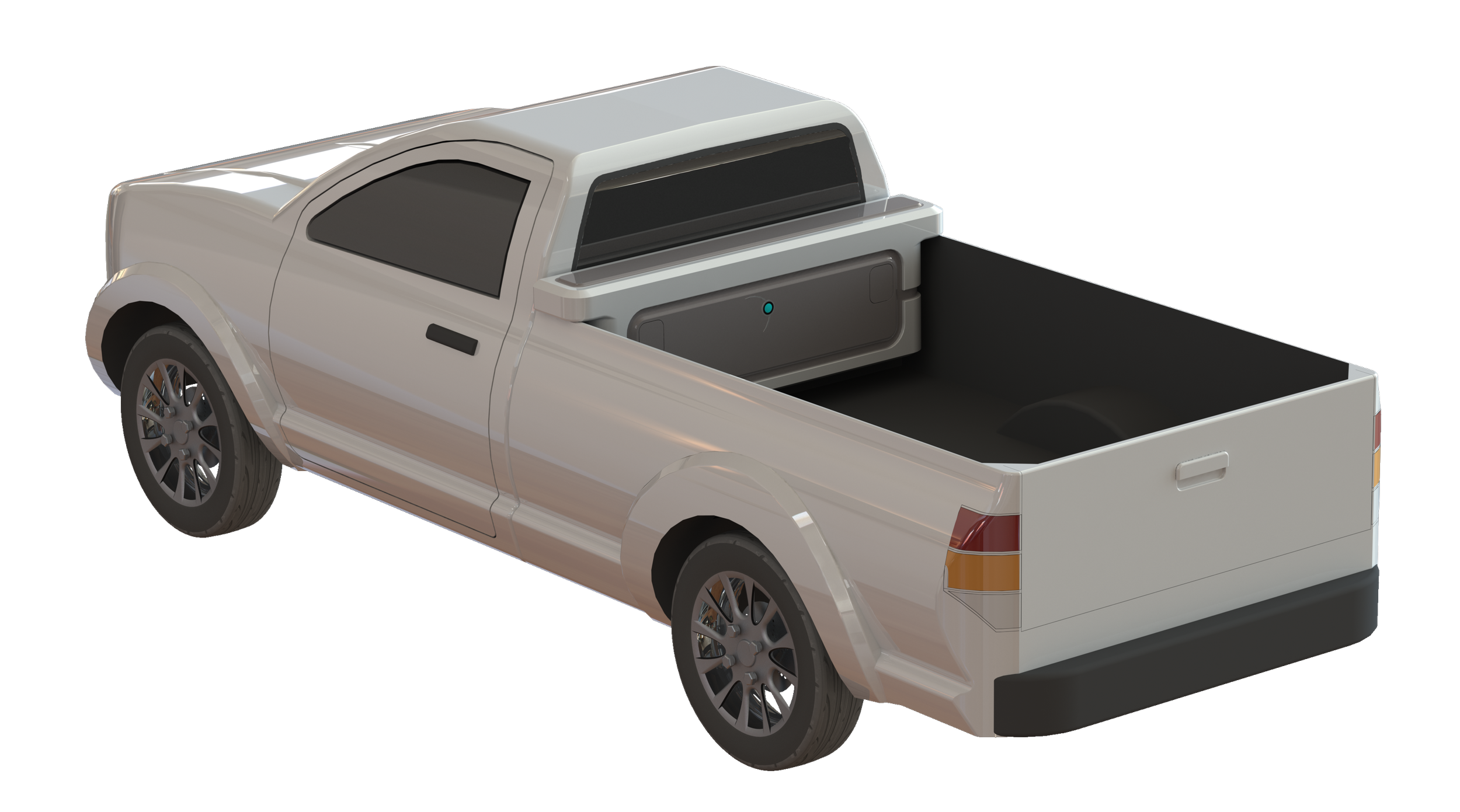Be a part of the revolution, join our Wefunder
Cost-effective and scalable solution for electrifying our world

EVs alone can’t solve vehicle emissions fast enough. Our Retrofit Plug-in Hybrid Systems are the missing link
Savings from the Narwhal and Humpback are greater than the monthly cost if financed
Decarbonize and save with no out-of-pocket cost
Our Challenge
Vehicles are the greatest end-use source of greenhouse gasses. Unfortunately, there will still be hundreds-of-millions of gas and diesel cars on the road in 2050.
Scrapping working vehicles is not the solution. Turning them into plug-in hybrids is a better way.
The EV Shortfall
The global stock of vehicles is so big and growing so fast, that even if we phase out new conventional cars immediately, we’ll still exceed our carbon budget
The burden of solving the climate crisis is dramatically reduced if we can retrofits conventional vehicles at scale
The automotive industry would need to massively increase in size to produce enough EVs. Incorporating low-cost conversions into the strategy saves trillions.
PRODUCTION COST ($BILLIONS)
EVs need large batteries and predicted production falls well short of the mark. A plug-in hybrid uses a battery 80% smaller than a typical EV.
REQUIRED BATTERY PRODUCTION INCREASE
It takes years of driving to negate the emissions from scrapping a car and making a new EV. Conversions avoid that penalty.
EMBODIED C (MONTHS TO BREAK EVEN)
EVs need lots of public chargers to proliferate. Plug-in hybrid conversions can charge from a standard outlet and keep the engine for occasional use.
ADDITIONAL CHARGERS REQUIRED
Any policy that drives rapid-enough EV adoption would render existing cars almost worthless. Conversions preserve all that embodied wealth.
WEALTH DESTROYED ($BILLIONS)
Do you want to be a part of the sustainable mobility revolution?
We’d love to work with you








